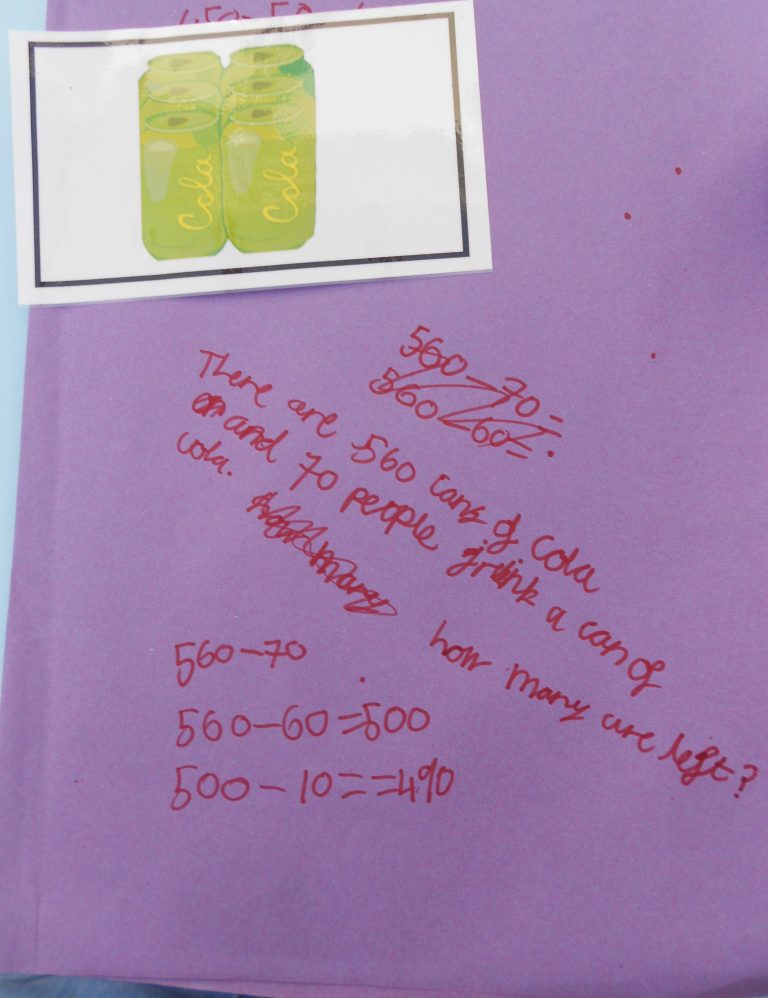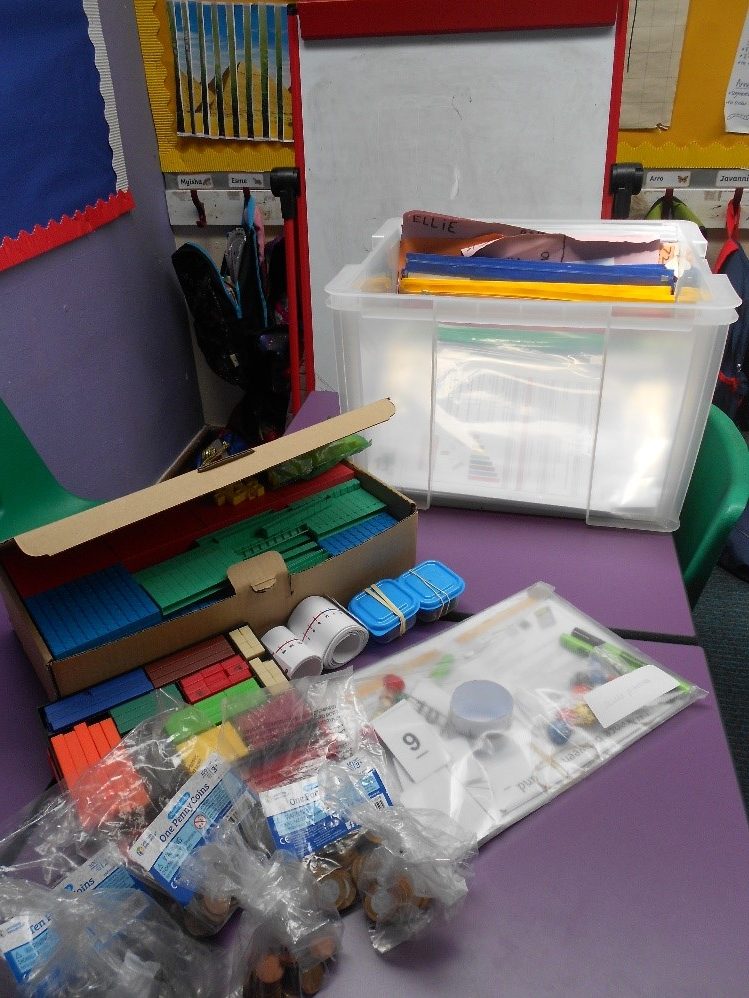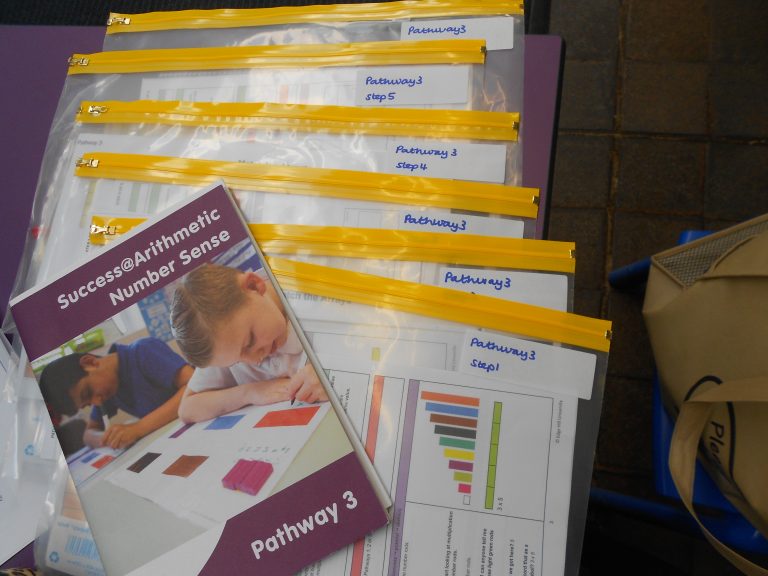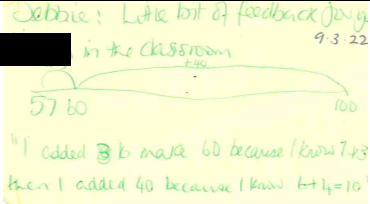I was selected by the school to become an implementation lead, which involved the following:
- Spending time collating information and evidence to accurately diagnose the specific challenges to KS2 numeracy within our school • Drafting & refining a Securing Achievement Action Plan and then putting this into practice
- Completing a training programme, through the Research School Network
- Monitoring the effectiveness and impact of the project through surveys of pupils; learning support assistants and teachers’ perceptions of the attitudes and performance of pupils in the control and intervention groups. Pupil perception interviews were undertaken for the intervention pupils and Learning Support Assistant forums were scheduled for at least once a term. School based maths data was analysed, when available. The main indicator of progress was measured though using the Sandwell Numeracy Test. Intervention and control group pupils were tested on entry and exit of the programme.
The Opportunity Area provided funding for resources, such as Cuisenaire rods, number tracks, base-10 apparatus, dice, counters, flip charts/whiteboard easels, tables for their working area and coins for each of the four groups led by Learning Support Assistants. Resources were organised into boxes for each Learning Support Assistant for each part of the programme so they could just pick up and lead the lesson.
Training was provided for the LSAs leading the intervention as they encountered each part of the programme in turn, with the aim that they then have a bank of resources and skills to draw upon when asked to support other children in their class.




